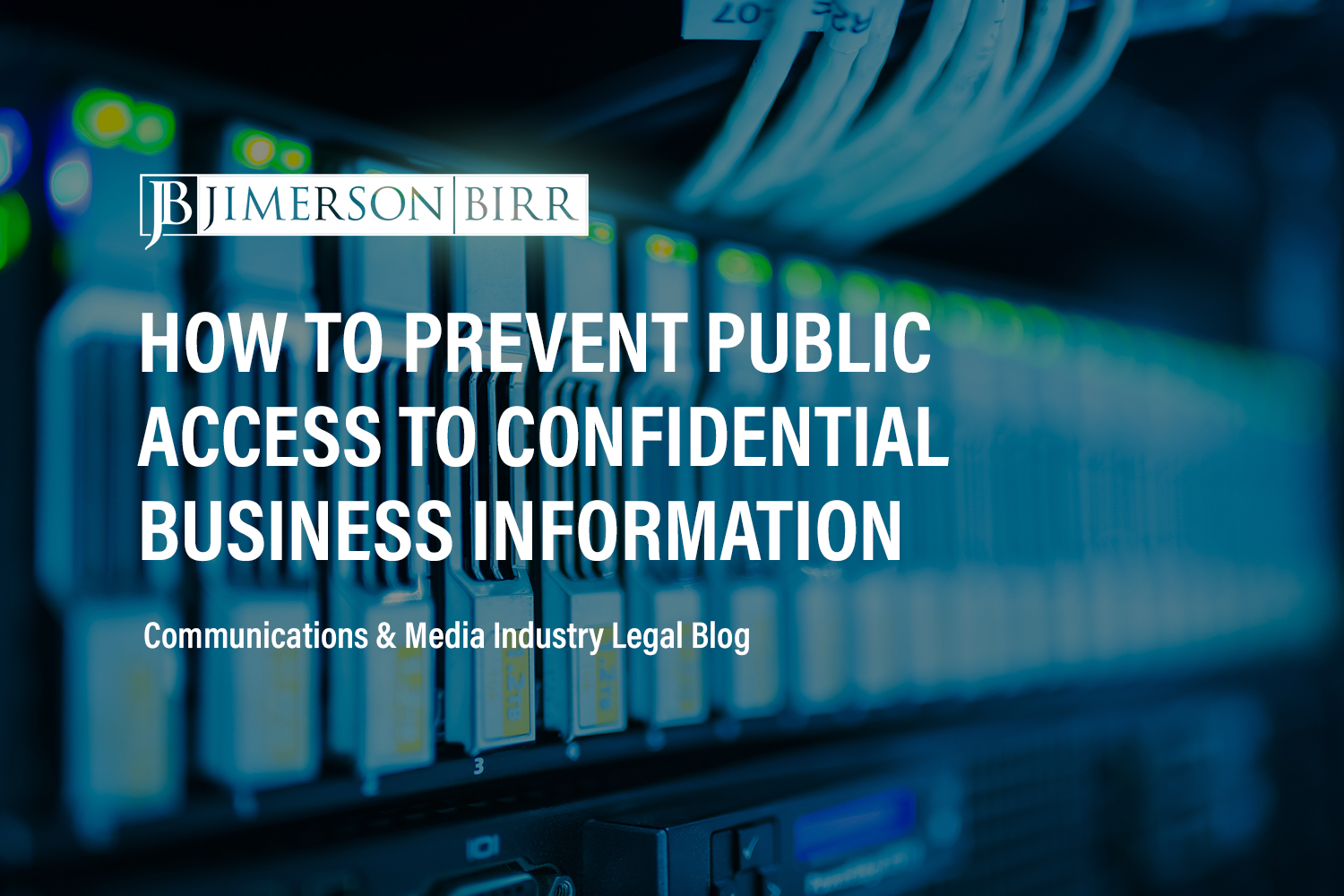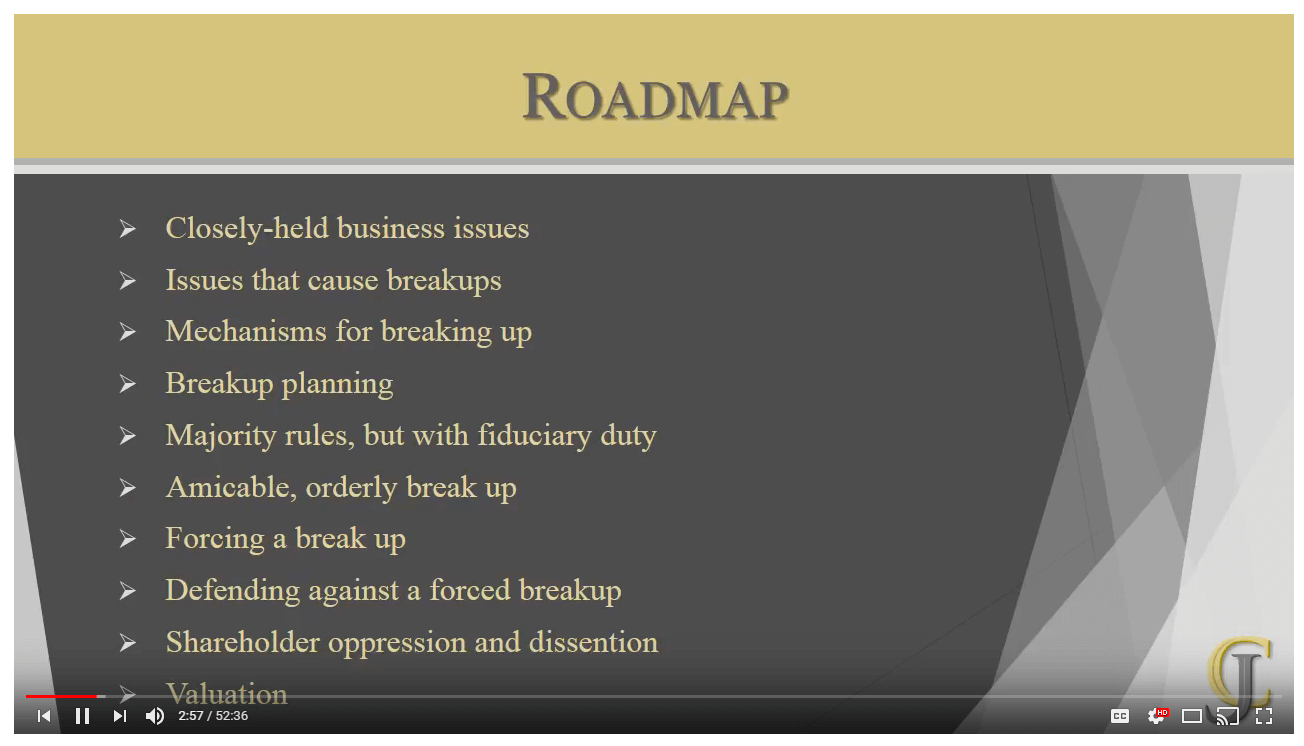By: Emily C. Williams, Esq.
Employers and employees, alike, are often unaware of the repercussions associated with how they are characterized in the workplace. When two persons agree that one will perform work for the other, the parties should be concerned with the legal significance of whether or not the arrangement creates an employer/employee relationship or an independent contractor relationship. Whether one arrangement exists can result in the following consequences: tax obligations — withholding, social security, and sales, prevailing wage rate obligations, indemnity and liability obligations for wrongful activities, insurance obligations and coverage issues and licensing. Furthermore, an employer is not held liable for the negligent acts of its independent contractors, except where the contractor injures someone to whom the employer owes a non-delegable duty of care, such as where the employer is a school authority and the injured party a pupil. An employer can also be held liable for the negligent selection of an independent contractor.




